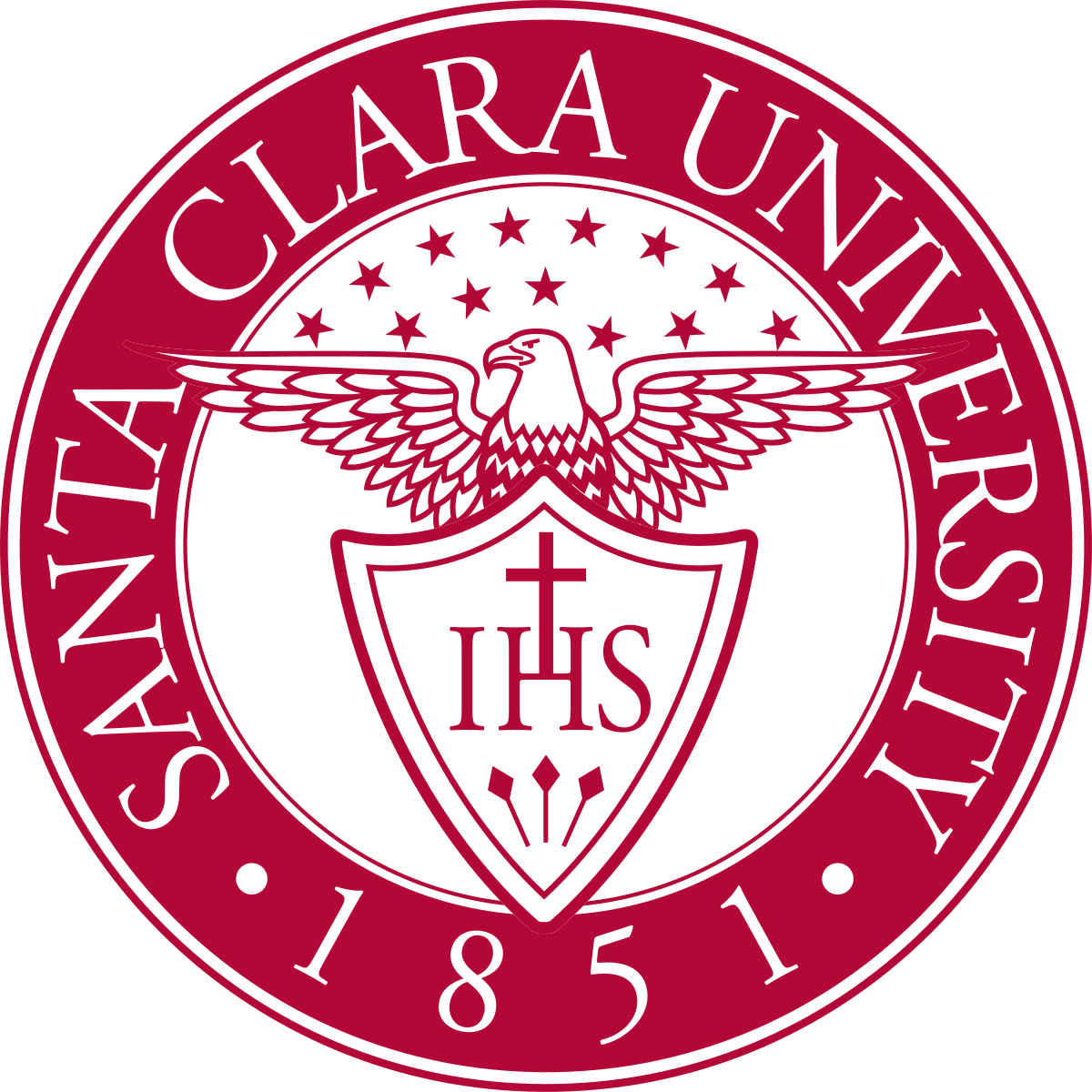
Santa Clara University - School of Engineering
Master of Science in Bioengineering

Santa Clara University - School of Engineering
Master of Science in Bioengineering

Master of Science in Aerospace Engineering (MSAE)

Master of Science in Applied Mathematics

Master of Science in Civil Engineering

Master of Science in Computer Science and Engineering

Master of Science in Electrical and Computer Engineering

Master of Science in Engineering Management and Leadership

Master of Science in Mechanical Engineering

Master of Science in Power Systems and Sustainable Energy

Master of Science in Robotics and Automation
Duration
24 Months



How does the Class Profile of SCU Engineering's Master of Science in Bioengineering Program look like?
Where do graduates of SCU Engineering's Master of Science in Bioengineering program land? Discover More!
Median Earnings after Graduation
USD 85,000 /- year
Graduation Rate
92.50 %
Eligibility Criteria for SCU Engineering's Master of Science in Bioengineering in Management program ?
Credential Evaluation Requirement
Mandatory English Proficiency Test
Mandatory GRE / GMAT Requirement
4 Year Bachelor’s Degree Requirement
We will be back Soon with Upcoming Events
Duration
24 Months



How does the Class Profile of SCU Engineering's Master of Science in Bioengineering Program look like?
Where do graduates of SCU Engineering's Master of Science in Bioengineering program land? Discover More!
Median Earnings after Graduation
USD 85,000 /- year
Graduation Rate
92.50 %
Eligibility Criteria for SCU Engineering's Master of Science in Bioengineering in Management program ?
Credential Evaluation Requirement
Mandatory English Proficiency Test
Mandatory GRE / GMAT Requirement
4 Year Bachelor’s Degree Requirement
Tuition Fees & Scholarship Opportunities!
We will be back Soon with Upcoming Events

Master of Science in Aerospace Engineering (MSAE)

Master of Science in Applied Mathematics

Master of Science in Civil Engineering

Master of Science in Computer Science and Engineering

Master of Science in Electrical and Computer Engineering

Master of Science in Engineering Management and Leadership

Master of Science in Mechanical Engineering

Master of Science in Power Systems and Sustainable Energy

Master of Science in Robotics and Automation
Get all your questions answered about Master of Science in Bioengineering by SCU Engineering
For any queries, please feel free to reach out to us!
bioengineering@scu.edu
+1-408-554-4874